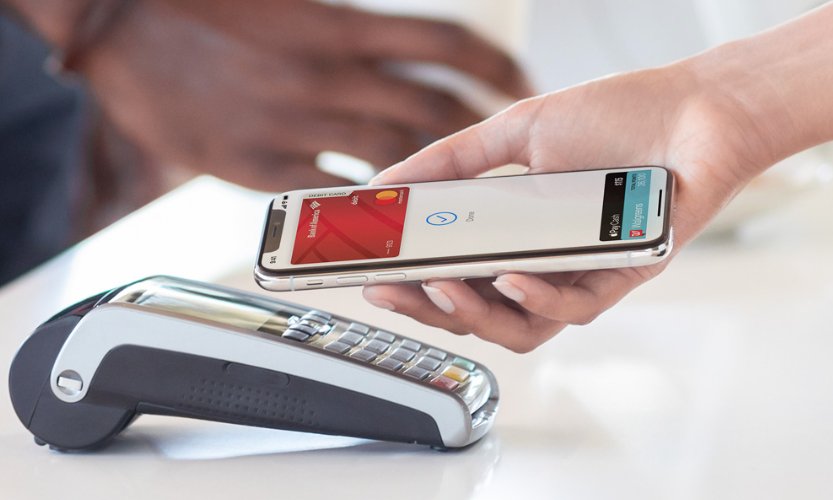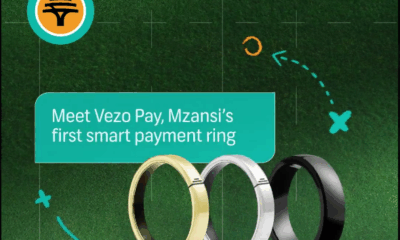Tech
Goodbye Cash: South Africans Embrace Digital Payments in Everyday Life

A quiet revolution is reshaping how South Africans pay for everyday items, from their morning cappuccino to their new pair of sneakers. And it’s not just the urban elite ditching notes and coins everyone from Soweto to Sandton is joining the digital payment wave.
Digital is Winning the Wallet War
It wasn’t long ago that a trip to the local spaza shop meant carrying a pocket of change. Today, you’re just as likely to see someone tapping their smartphone or scanning a QR code. The growing popularity of digital wallets, bank apps, and mobile payment platforms has turned cash into a last resort.
According to the SpendTrend25 report by Discovery Bank and Visa, 80% of surveyed South Africans now prefer digital or card payments. Meanwhile, 67% use cash rarely, just a few times a month, or not at all.
So, what’s behind this shift?
Convenience, Choice, and Cashless Confidence
Jason Sive, CEO of Mobicred and RCS Digital Executive, believes the country is primed for a digital payment boom thanks to three things: widespread smartphone adoption, a thriving fintech scene, and the rapid growth of e-commerce.
But it’s not just about technology. South Africans say digital payments offer more convenience, greater security, and better rewards. That’s especially true for mid to high-value purchases. A whopping 93% use digital payments for transactions between R100 and R3,000 and nearly everyone (99%) goes digital when spending above R3,000.
Even everyday items under R100, once the domain of petty cash are increasingly being paid for with a card or app.
Cash Still Lingers… For Now
Yet, while card machines are popping up in unexpected places, think corner barbers and township food stalls, cash isn’t gone just yet. Lower-income communities still rely heavily on it. And this dual-reality has created an interesting tension in how banks operate.
Take Capitec, for example. It’s the only major bank growing its ATM footprint, adding nearly 3,800 machines over five years, while rivals like Standard Bank, Absa, FNB and Nedbank have removed thousands. Outgoing CEO Gerrie Fourie says the bank is rolling out 800 more ATMs this year to support cash-reliant customers, even though Capitec wants its clients to ultimately go digital.
Why? Digital payments offer better fraud protection, transaction tracking, and help banks better understand consumer behaviour through data.
Banking Behaviour Is Changing Fast
Since 2019, Standard Bank has seen a 200% jump in app transaction volumes. Over the same period, personal cash deposits plummeted by 83%.
ATMs are becoming almost obsolete. According to MyBroadband, the Big Four banks have together shed more than 8,000 ATMs in five years. The sharpest drop was at Standard Bank, which now operates just over 5,500 units, down from 9,300.
Across the country, people are simply using cash less and they’re not missing it.
Cultural Shift or Economic Necessity?
In a country where cash once symbolised control and trust, especially among older generations, the adoption of digital payment is more than a technological trend. It marks a cultural shift, one driven by younger consumers, changing retail habits, and the search for better value.
And with load shedding, safety concerns, and high ATM withdrawal fees, digital just makes sense.
Still, experts caution that a fully cashless society may take years, especially given South Africa’s income inequality and patchy internet infrastructure.
But make no mistake: the wallet is getting lighter, and the phone is doing all the heavy lifting.
What South Africans Are Saying
On X (formerly Twitter) and TikTok, users are joking about the “new flex” being how fast you can tap-to-pay. Influencers are posting content like “5 apps every South African should have for money” and rating QR code scanners at flea markets.
Meanwhile, small businesses are embracing platforms like Yoco and SnapScan to keep up with customer demand, no bank card machines required.
The cashless future isn’t coming. It’s already here and it fits in your pocket.
{Source: BusinessTech}
Follow Joburg ETC on Facebook, Twitter , TikTok and Instagram
For more News in Johannesburg, visit joburgetc.com



























